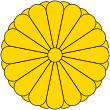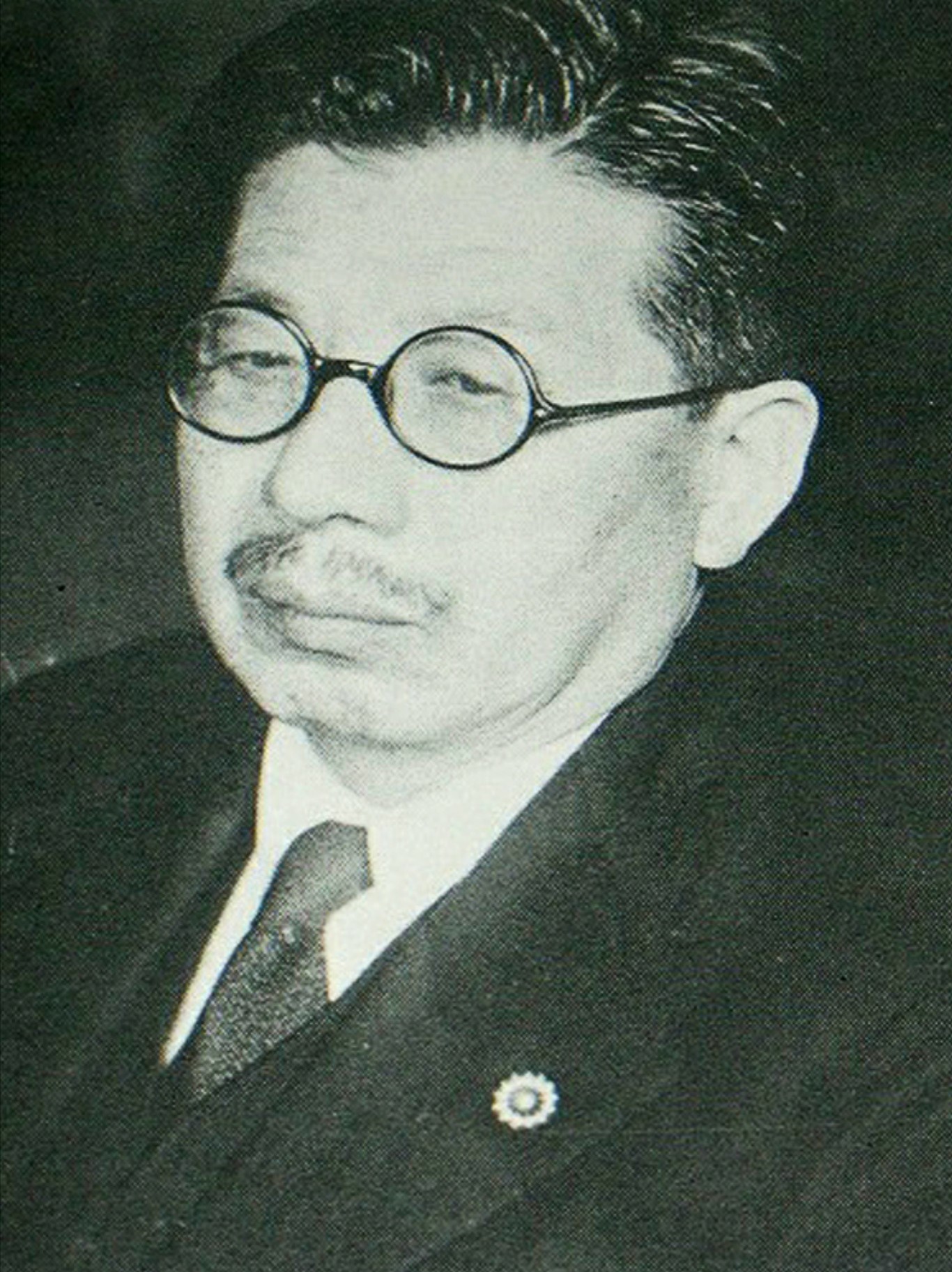A coalition government is a cabinet of a parliamentary government in which multiple political parties cooperate, reducing the dominance of any one party within that "coalition". The usual reason for this arrangement is that no party on its own can achieve a majority in the parliament. A coalition government might also be created in a time of national difficulty or crisis to give a government the high degree of perceived political legitimacy or collective identity it desires while also playing a role in diminishing internal political strife. In such times, parties have formed all-party coalitions. If a coalition collapses, a confidence vote is held or a motion of no confidence is taken.

The politics of Japan are conducted in a framework of a multi-party bicameral parliamentary representative democratic constitutional monarchy whereby the Emperor is the ceremonial head of state and the Prime Minister is the head of government and the head of the Cabinet, which directs the executive branch.
Komeito, formerly called New Komeito, is a political party in Japan founded by members of the Nichiren Buddhist-based new religious movement Soka Gakkai. The party is sometimes called by its former name, Clean Government Party.

The Liberal Democratic Party of Japan, frequently abbreviated to LDP or Jimintō (自民党), is a conservative political party in Japan.
Liberal Democrats may refer to:

The Democratic Party of Japan was a centrist political party in Japan from 1998 to 2016.

The Social Democratic Party, also known as the Social Democratic Party of Japan and previously as the Japan Socialist Party, is a political party that at various times advocated the establishment of a socialist Japan until 1996. Since its reformation and name change in 1996, it has defined itself as a social-democratic party.

The New Party Sakigake, also known as the New Harbinger Party, was a political party in Japan that broke away from the Liberal Democratic Party (LDP) on 22 June 1993. The party was created by Masayoshi Takemura. The party was centrist, and had many reformist and even moderate ecological elements. The theoretical leader was Shusei Tanaka. Yukio Hatoyama and Naoto Kan also took part but later moved to the Democratic Party of Japan.

The New Frontier Party was a political party in Japan founded in December 1994. As a merger of several small parties, the party was ideologically diverse, with its membership ranging from moderate social democrats to liberals and conservatives. The party dissolved in December 1997, with Ichirō Ozawa's faction forming the Liberal Party and other splinters later joining the Democratic Party of Japan in April 1998.
Liberal conservatism is a political ideology combining conservative policies with liberal stances, especially on economic, social and ethical issues, or a brand of political conservatism strongly influenced by liberalism.

The Liberal Party was a political party in Japan formed in 1998 by Ichirō Ozawa and Hirohisa Fujii. It is now defunct, having joined the Democratic Party of Japan in 2003.
This article gives an overview of liberalism in Japan. It is limited to liberal parties with substantial support, proved by having had representation in parliament. The sign ⇒ means a reference to another party in that scheme. For inclusion in this scheme it isn't necessary that parties labelled themselves `liberal`.

Elections for the Japanese House of Councillors were held in Japan on July 12, 1998.
New Liberal Club was a political party in Japan that was founded on 25 June 1976 as a breakaway from the Liberal Democratic Party (LDP).
Koji Kakizawa was a Japanese politician who served as Japan's Minister for Foreign Affairs in 1994. After his death, he had been conferred as Junior Third Rank, Grand Cordon of the Order of the Rising Sun.
Seiichi Tagawa was a Japanese politician who co-founded the now defunct New Liberal Club in 1976, and served as its president from 1979 until 1984.
The Liberal Party was a political party in Japan.

The Constitutional Democratic Party of Japan, frequently abbreviated to CDP, Rikkentō (立憲党), Ritsumintō (立民党) or Minshutō (民主党), is a centre-left political party in Japan. The party is led by Yukio Edano.









